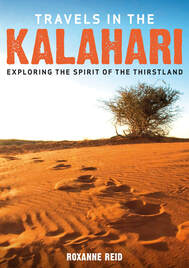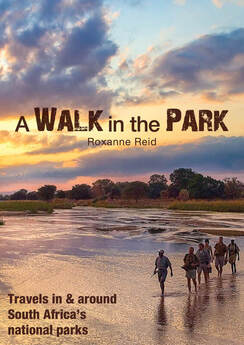I've looked at the thorny problem of rhino poaching in South Africa before, but now another possible solution has been suggested and could do with an airing.
In what might seem an unusual move, the South African Hunters and Game Conservation Association (SAHGCA) has said that the only realistic way to stop the killing of rhinos in South Africa is for CITES to lift the ban on the international trade in rhino horn from South Africa.
At the launch of its Rhino Alive! conservation initiative in mid-April, the association claimed that this would put a higher value on the live animal and curb poaching, allowing rhinos to be protected at the same time as meeting international demand for rhino horn in a sustainable way.
As we all know by now, 333 rhinos were poached in South Africa last year – a shocking figure that equates to nearly a rhino a day. For 2011 the figure is already nudging 140, (138 on 26 April) despite herculean efforts to rein in poaching that is vicious and cruel, leaving animals maimed and in pain or most often dead.
Dr Herman Els, SAHGCA’s manager for conservation, believes it’s impractical to try to change a 5000-year-old belief system in Asia that sees rhino horn as an integral part of traditional muti. ‘The only viable option we have to keep rhinos alive is to allow the harvesting and trade of rhino horn in a controlled manner,’ he says. ‘A rhino’s horn grows back without two to three years, which means that the same animal can reproduce its horn several times in its lifetime, without any harm to the animal itself.’
Well, not quite. It’s true that the horn grows back (it is, after all, only keratin like your hair or fingernails). But I disagree that cutting some off would be ‘without any harm’ to the animal. Perhaps if rhino were being ‘farmed’ in a protected environment like a small game farm this might be true. But for wild rhino in Kruger or Hluhluwe-iMfolozi, for instance, the horn is a handy weapon that also plays an important role in social structure and behaviour. Territorial males use their horns to keep rivals in check and young bachelors spar with theirs, practising for one day when they get a chance to challenge the big mkulu. Even the females use their horns to defend their little ones against predators or unwanted males looking to make trouble.
Say an adult rhino horn weighs five kilos and a kilo sells for R400 000 on the black market, then we’re talking about a value of R2 million. This is much more than the R300 000 to R400 000 that a live animal fetches at auction. It’s been suggested that legal, managed trade might bring the price of horn down, flattening the price difference, and that this – in theory at least – might make poaching a less alluring job option because the pay-off would be so much less.
Of course, legalising the trade in rhino horn isn’t much good if transparent and traceable systems can’t be put into action. In that case, all that would happen is that the good guys would comply with the new rules and standards while the bad guys, as always, would simply find new loopholes and ways to circumvent the law.
DNA profiling of rhinos might be a first step in the right direction. The Veterinary Genetic Laboratory at the University of Pretoria is setting up a database of DNA profiles of all rhinos and rhino horn in both public and private hands in South Africa. Called RhODIS, it should help to identify each individual and its horn. Most importantly, it could provide incontrovertible evidence to trace poached horn and, by upping the conviction rate of poachers, help to curtail illegal hunting.
That all sounds promising, but lifting the trade ban isn’t something we should do without a whole lot of serious thought. For one thing, wouldn't it look at some level like an endorsement of the consumption of rhino horn? And wouldn't that undermine educational campaigns trying to convince people (read: wealthy Asians with more money than sense) that the horn has no special medical or magical properties?
Wouldn’t it be better to bump up anti-poaching efforts by improving security (already the SANDF’s intervention in the Kruger National Park is yielding dividends) and intelligence to crack down on poaching and the illegal trade? If whispers about diplomats using their immunity to smuggle horn out of the country are true, for instance, that’s a serious loophole that needs to be stitched up – and fast.
Finally, harsher punishment needs to be meted out – not just to the poor saps who get caught red-handed but also to the big tycoons with big money who are behind it all. Although a 20-year sentence recently handed down to two poachers was applauded by anti-poaching campaigners, only five years of that sentence was for killing the rhino; the rest was for illegal possession of firearms and ammunition.
Legalise, don’t legalise … solution or another problem in the making? What’s your verdict?
Copyright ©Roxanne Reid - No words or photographs on this site may be used without permission from roxannereid.co.za


